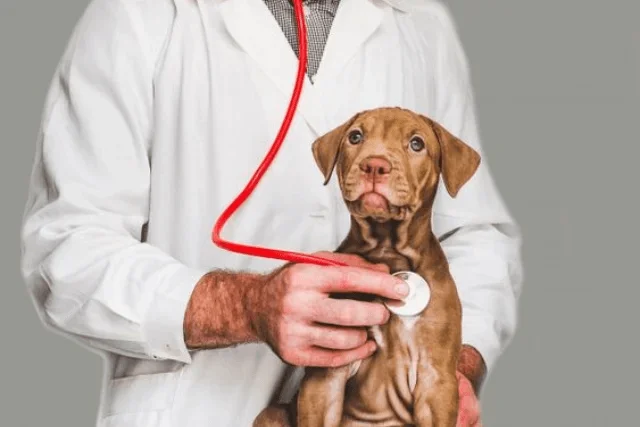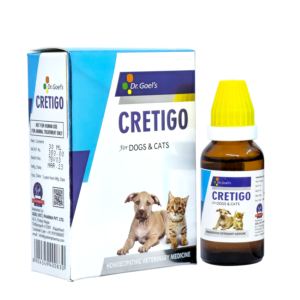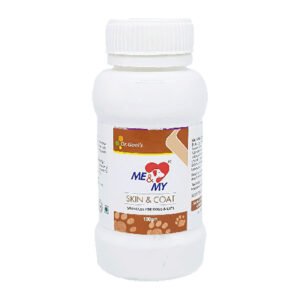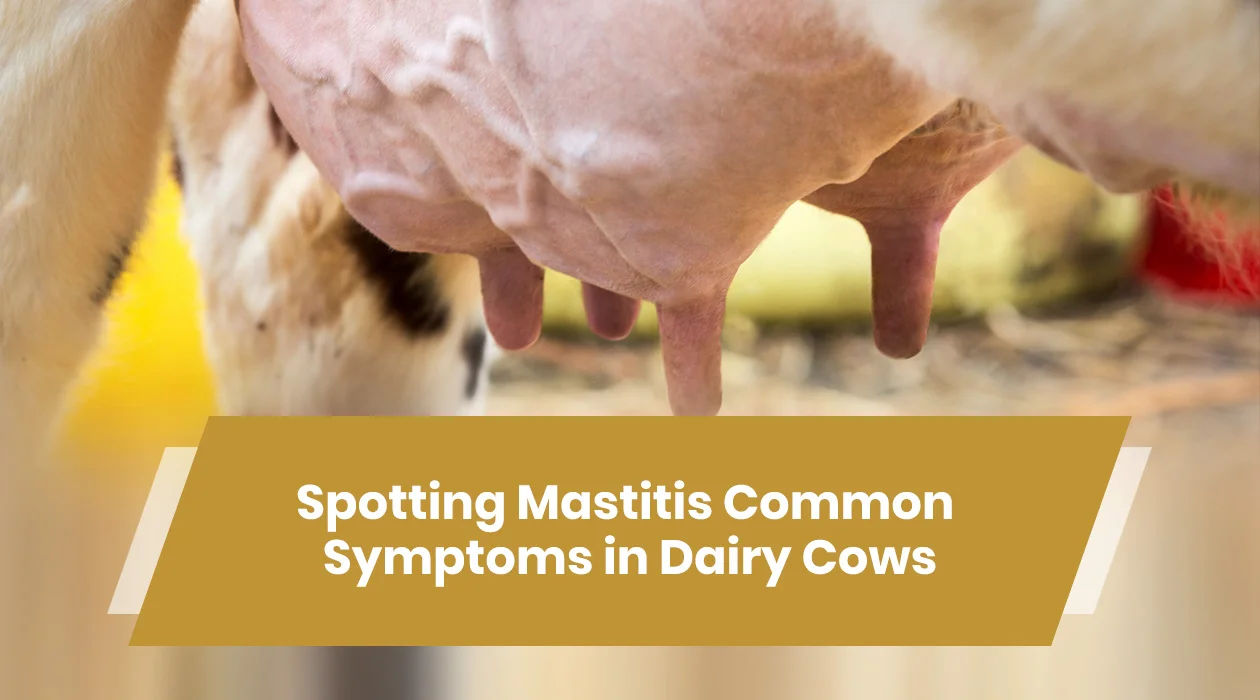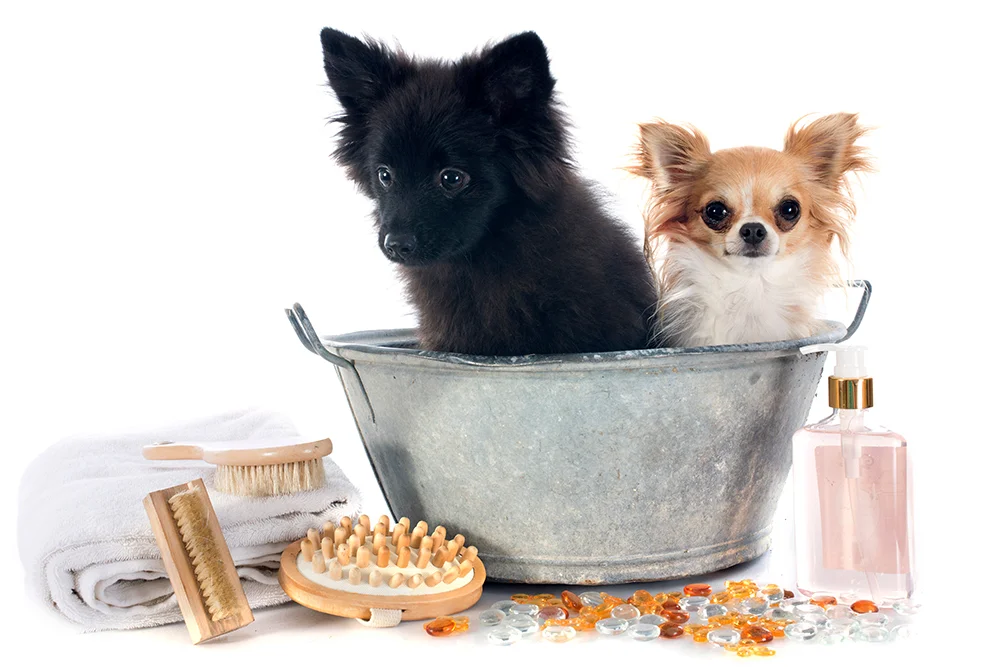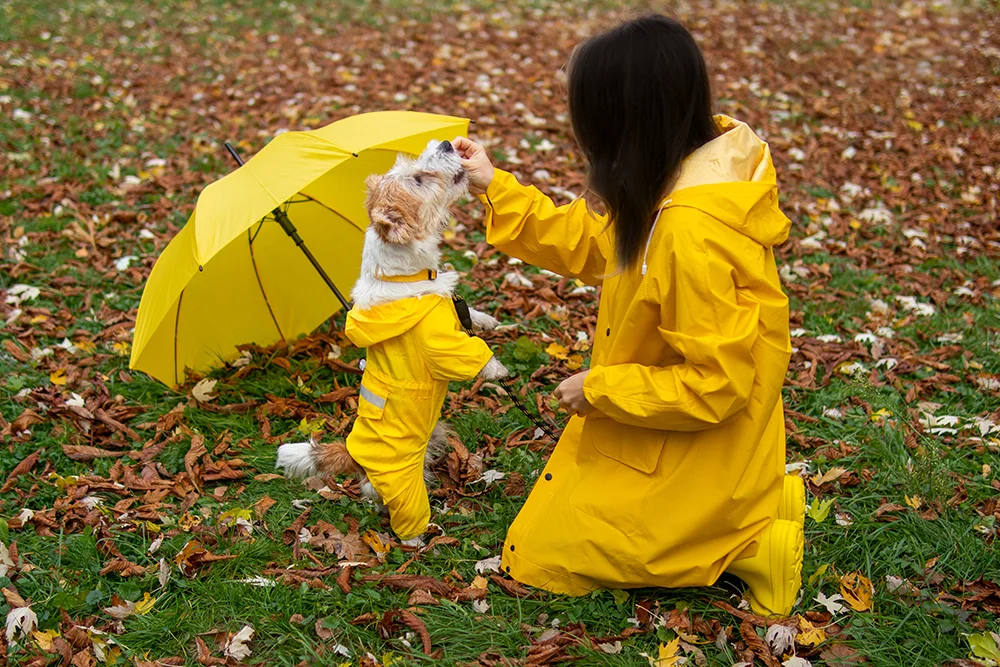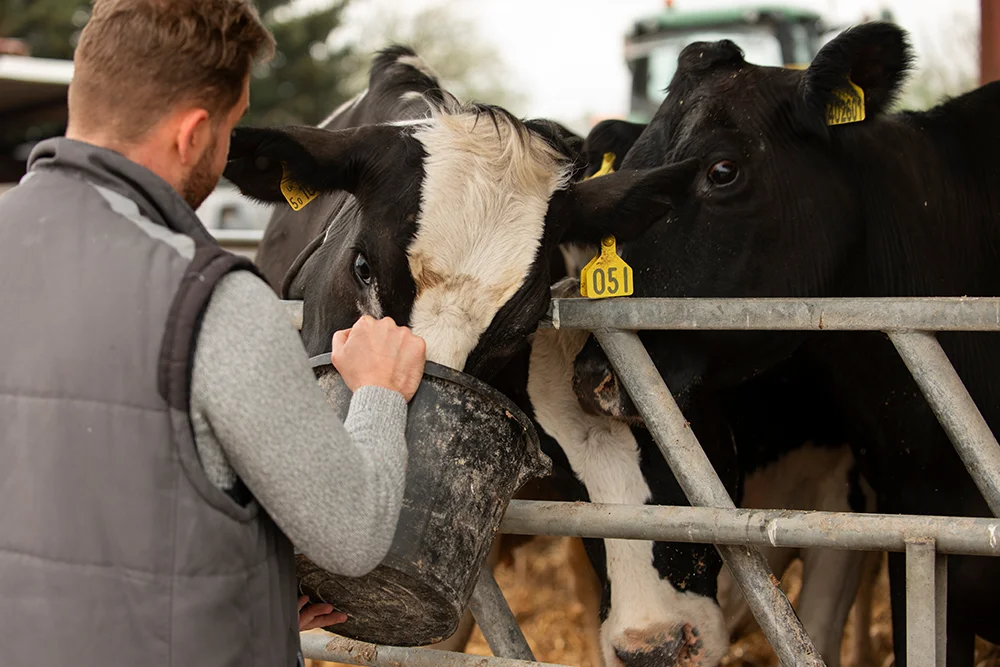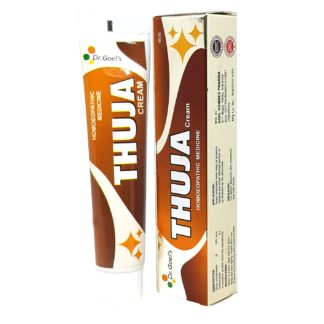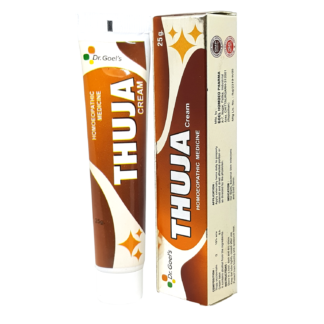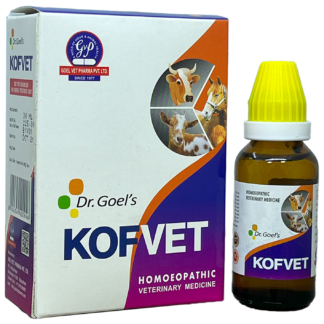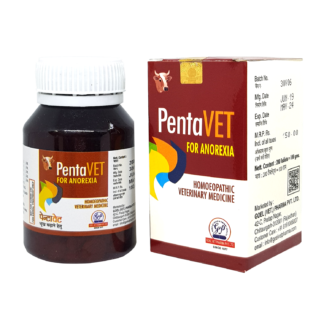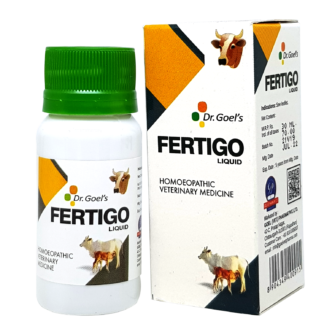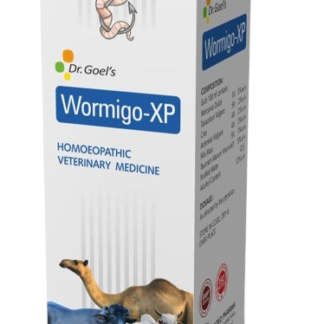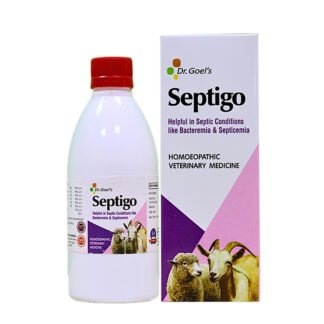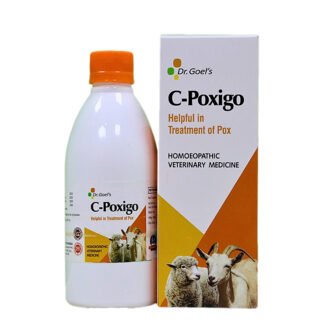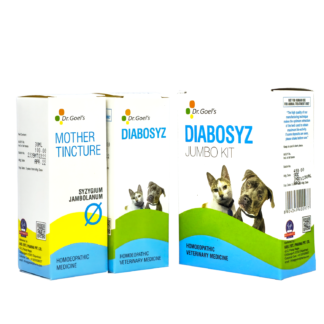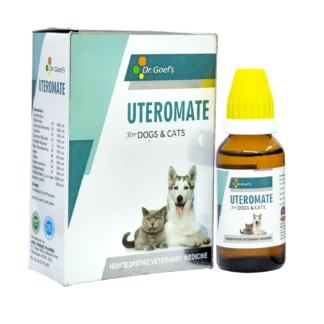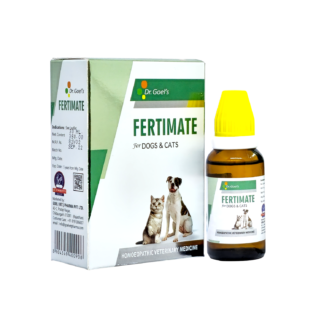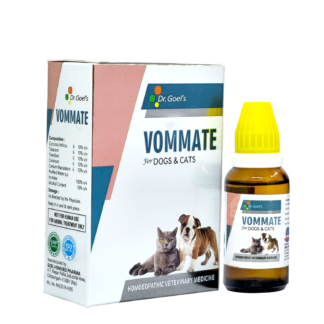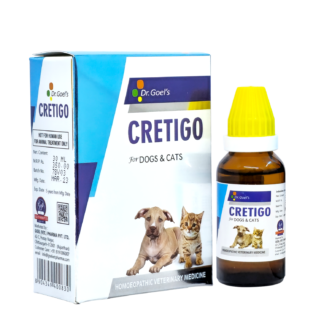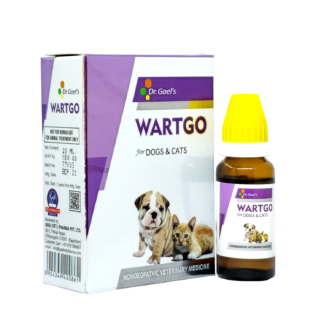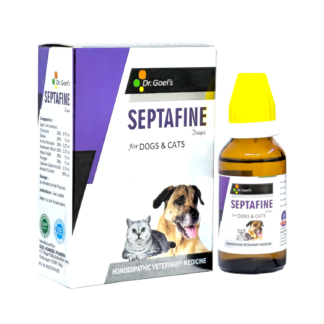1. The most common sign one can evidently observe is Anorexia: Anorexia is a condition wherein your pet refuses to eat anything, they might drink water depending on individuality. Usually, this inappetence or anorexic episode starts suddenly, where your pet might suddenly, out of the blue, refuse to eat, or they may gradually stop eating food. If your pet is not eating for more than a day, it’s time to take your pet to the vet.
2. Behavioural Change is evident: Your pet might try to hide under the bed, lie down prostrated, seems dull and weak, and is depressed. All these signs are evident whenever your pet Is sick.
3. Urinary Output: Urine may be produced in normal quantities in the earlier stages of kidney failure, however, as the disease process progresses, there might be less output of urine to no output of urine in the end stages. It is therefore warranted to get your pets evaluated at the earliest if any of the signs and symptoms are observed by you.
4. Blood Test: Your veterinarian would conduct some blood tests to have a quick look at the kidney functioning of your pet. Certain parameters, such as Blood Urea nitrogen or the BUN along with creatinine are evaluated in case of suspected kidney pathology. BUN and Creatinine are usually excreted out in normal healthy kidneys, but in certain cases, these waste products are unable to find their way out of the body, thereby piling up in the blood thus hinting towards a possible kidney dysfunction.
Other values that are usually checked in the blood apart from BUN and Creatinine are electrolyte levels i.e., levels of Calcium, Potassium, Chlorine, Bicarbonates, etc.
The other commonly observed hemogram changes could be anaemia, increased number of leucocytes or white blood cells, and evident changes in blood calcium and potassium levels.
5. Urine Analysis is done to have a look at the urine and its constituents. Sediment or urinary deposits are evaluated for the presence of bacteria, pus, crystals, casts etc. also, the presence of white blood cells, red blood cells, and epithelial cells are checked, which can effectively rule out or rule in haemorrhage/ other ongoing pathology. The specific Gravity of the urine is evaluated as well, which differs in various conditions. Alongside this, the urine is cultured for the detection of bacteria [that may have caused urine infection or renal dysfunction].
6. Radiography or Xray: Radiographs help to evaluate the kidney shape/ size and crystals that are radio-opaque, which may have obstructed the urinary tract or may have set up a nidus for infection.
7. Ultrasonography:this is a warranted test in case of kidney dysfunction. This test helps to locate the exact problem. Through USG, various parenchymatous changes can be ruled out or ruled in. this test is evidently better than Radiography as it provides better information about the kidneys.
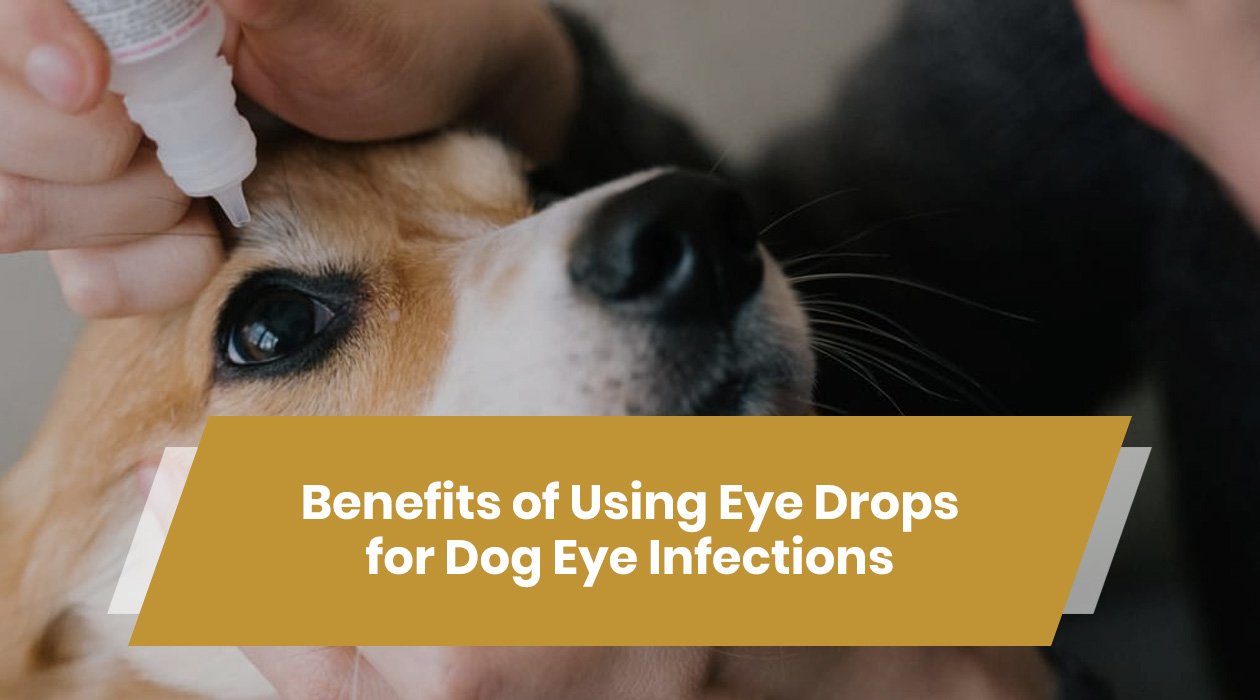
 Australian Shepherd
Australian Shepherd Beagle
Beagle Belgium Shepherd
Belgium Shepherd Bernese Mountain Dog
Bernese Mountain Dog Border Collie
Border Collie Boxer
Boxer Bulldog
Bulldog Cavalier King Charles Spaniel
Cavalier King Charles Spaniel Chihuahua
Chihuahua Cocker Spaniel
Cocker Spaniel Dachshund
Dachshund Doberman Pinscher
Doberman Pinscher Dogo Argentino
Dogo Argentino French Bulldog
French Bulldog German Shepherd
German Shepherd Golden Retriever
Golden Retriever Great Dane
Great Dane Himalayan Shepherd
Himalayan Shepherd Indie Dogs
Indie Dogs Labrador Retriever
Labrador Retriever Pakistani Bully
Pakistani Bully Pembroke Welsh Corgi
Pembroke Welsh Corgi Pitbull
Pitbull Pomeranian
Pomeranian Poodle
Poodle Pug
Pug Rottweiler
Rottweiler Shih Tzu
Shih Tzu Siberian Husky
Siberian Husky Yorkshire Terrier
Yorkshire Terrier Australian Shepherd
Australian Shepherd Beagle
Beagle Belgium Shepherd
Belgium Shepherd Bernese Mountain Dog
Bernese Mountain Dog Border Collie
Border Collie Boxer
Boxer Bulldog
Bulldog Cavalier King Charles Spaniel
Cavalier King Charles Spaniel Chihuahua
Chihuahua Cocker Spaniel
Cocker Spaniel Dachshund
Dachshund Doberman Pinscher
Doberman Pinscher Dogo Argentino
Dogo Argentino French Bulldog
French Bulldog German Shepherd
German Shepherd Golden Retriever
Golden Retriever Great Dane
Great Dane Himalayan Shepherd
Himalayan Shepherd Indie Dogs
Indie Dogs Labrador Retriever
Labrador Retriever Pakistani Bully
Pakistani Bully Pembroke Welsh Corgi
Pembroke Welsh Corgi Pitbull
Pitbull Pomeranian
Pomeranian Poodle
Poodle Pug
Pug Rottweiler
Rottweiler Shih Tzu
Shih Tzu Siberian Husky
Siberian Husky Yorkshire Terrier
Yorkshire Terrier Abyssinian
Abyssinian American Bobtail
American Bobtail American Shorthair
American Shorthair Balinese Cat
Balinese Cat Bengal Cat
Bengal Cat Birman
Birman Bombay Cat
Bombay Cat British Longhair
British Longhair British Shorthair
British Shorthair Burmese Cat
Burmese Cat Devon Rex
Devon Rex Exotic Shorthair
Exotic Shorthair Himalayan Cat
Himalayan Cat Maine Coon
Maine Coon Oriental Shorthair
Oriental Shorthair Persian Cats
Persian Cats Ragdoll
Ragdoll Scottish Fold
Scottish Fold Siamese Cat
Siamese Cat Siberian Cat
Siberian Cat Sphynx Cat
Sphynx Cat





























